All Stories
-
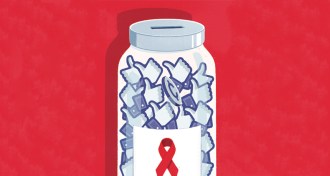 Psychology
PsychologyOnline causes may attract more clicks than commitments
Online awareness campaigns can make people feel they’ve contributed to a good cause, but social scientists say the tangible benefits of such efforts may be small.
By Bruce Bower -
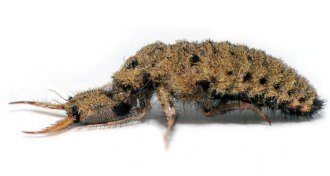 Animals
AnimalsAnt lions hunt despite sealed lips
Ant lions are ferocious predators, but some of them don’t have a mouth. At least not in the usual sense.
By Susan Milius -
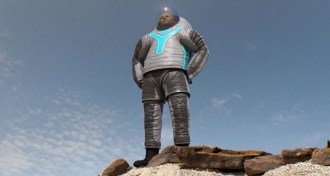 Astronomy
AstronomyNASA unveils space suit fit for Mars
NASA’s newly revealed Z-2 space suit is the second mock-up of a suit that NASA hopes will eventually protect explorers walking on Mars or drilling into an asteroid.
By Andrew Grant -
 Astronomy
AstronomyStar-eating star spotted
The first Thorne-Żytkow Object, a strange pair of stars where one engulfs the other, has been discovered.
-
 Animals
AnimalsMysterious neurotoxin may help flatworms kill prey
Tetrodotoxin, the deadly chemical in pufferfish, could help flatworms transform their earthworm prey into puddles of goo.
By Beth Mole -
 Science & Society
Science & SocietyScientists have long had one of the most admired careers
Excerpt from the July 11, 1964, issue of Science News Letter.
-
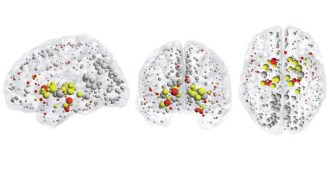 Neuroscience
NeuroscienceBusy brain hubs go awry in disorders, study suggests
Schizophrenia, Alzheimer’s and other brain disorders may occur when the brain’s most active hubs are damaged.
-
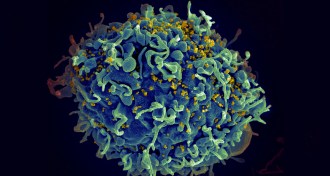 Life
LifeHIV hides in growth-promoting genes
The discovery that HIV can trigger infected cells to divide means scientists may need to rethink strategies for treating the virus that causes AIDS.
-
 Chemistry
ChemistrySafe salt could yield cheaper, more efficient solar cells
Magnesium chloride could be the key ingredient for concocting efficient solar cells with cadmium telluride.
-
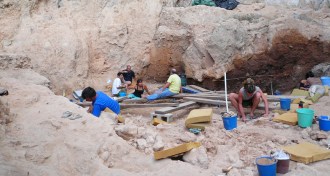 Anthropology
AnthropologyNeanderthals reveal their diet with oldest excrement
50,000-year-old fossil poop hints at Neanderthals’ omnivorous, but meat-heavy, diet.
-
 Health & Medicine
Health & MedicineHidden heart rhythm problem may underlie some strokes
In two clinical studies, people who had had strokes with no trigger sometimes also had undiagnosed atrial fibrillation.
By Nathan Seppa -
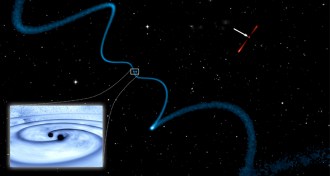 Astronomy
AstronomyRare trio of supermassive black holes found
Three supermassive black holes residing where two distant galaxies collide offer new clues about where to look for gravitational waves.